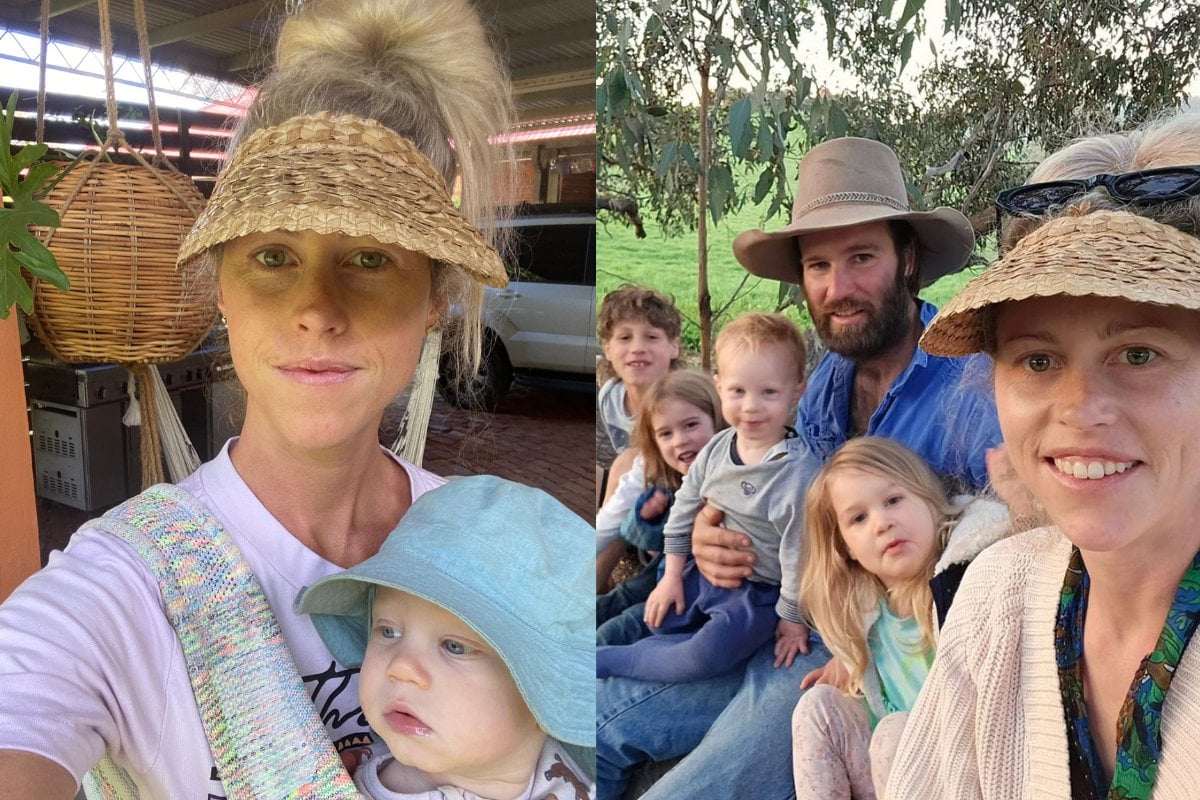
Living on a single income is fast becoming a myth as the cost of living continues to squeeze families.
Increased electricity prices and more expensive food staples, as well as a quick succession of interest rate rises and housing affordability issues means many families have no choice but to attain a second part or full-time income to make ends meet.
Parenting payments also remain largely inadequate meaning single parents are often forced to struggle on a single income.
But how exactly are families with two parents arranging to have a stay-at-home parent in these economic conditions?
Holly Explains: Parental Equality. Story continues after video.
Contrary to the popular belief that families with a stay-at-home parent are wealthy and old-fashioned, we heard from many middle income families who are cutting their own path to live on a single or dual part time income.
Common features of single income families appear to be living in rural areas, delaying buying a home, cutting back on spending and negotiating with employers for flexible or unorthodox arrangements.


Top Comments